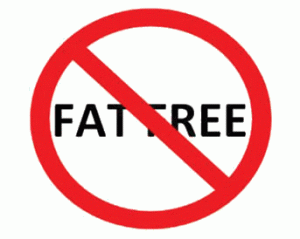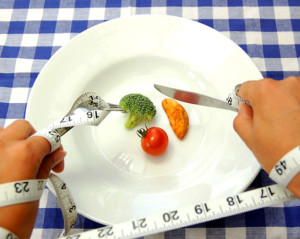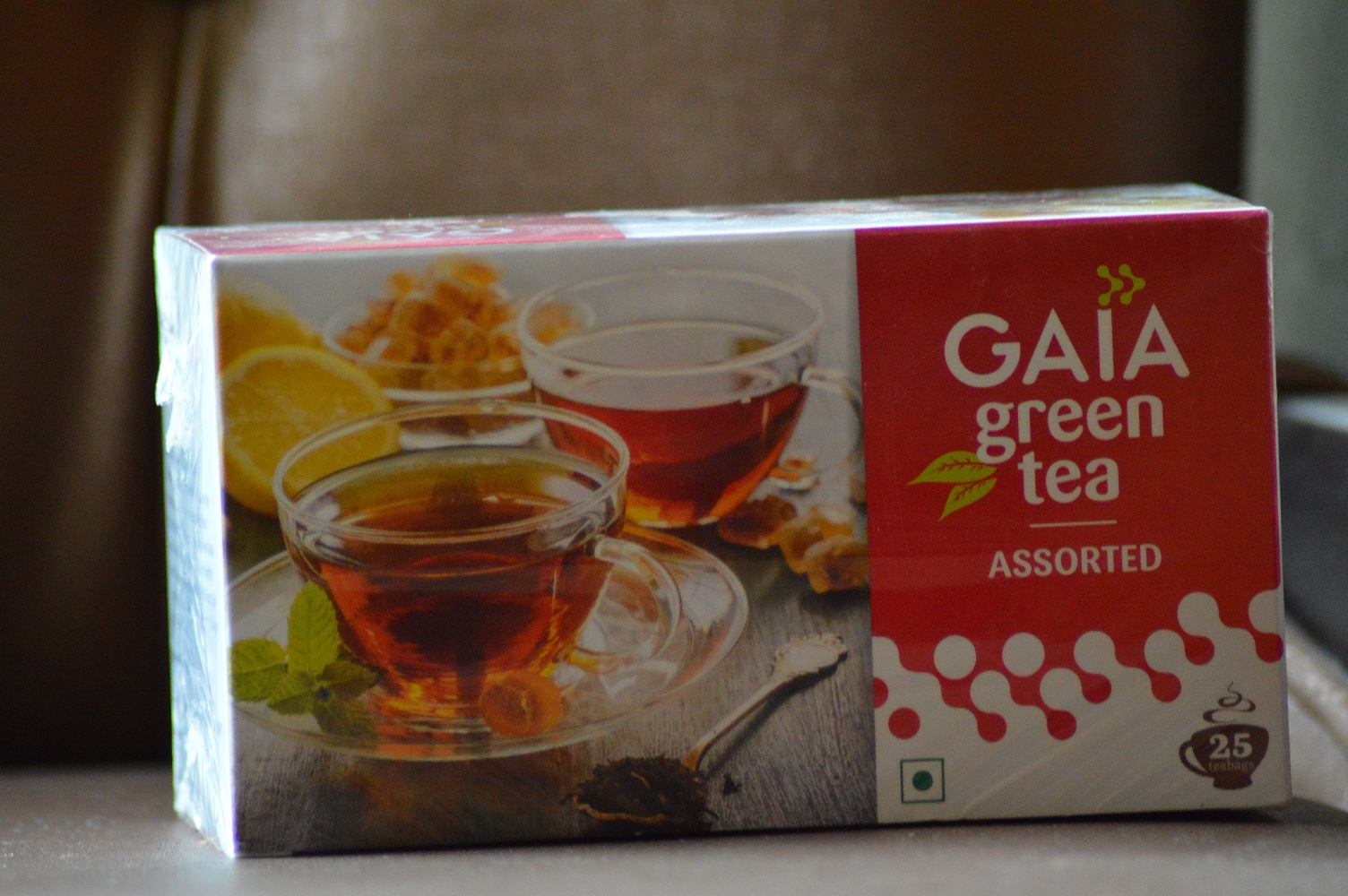WELLNESS
9 Common Weight Loss Myths Debunked

Indians are known for their big portion sized meal and spicy food where, maintaining a healthy weight can be difficult—and losing weight, even tougher. Weight management is all about balancing the calories. If you consume more calories than you burn, then you gain weight. If you eat fewer calories than you burn, you lose weight. Always remember, while shedding the weight “Slow and steady wins the race”.
We bring you 9 weight loss and nutrition myths that you should simply ignore!

1) Myth: Low-fat or fat-free means zero calories.
Fact: A low-fat or fat-free food is often lower in calories than the same size portion of the full-fat product. But many processed low-fat or fat-free foods have just as many calories as the full-fat versions of the same foods—or even more calories. They may contain added sugar, flour, or starch thickeners to improve flavor and texture after fat is removed. These ingredients add calories.
2) Myth: Skipping meals will help me to shed my weight.
Fact: This notion is absolutely false. People who skip breakfast tend to feel hungry during lunch hours, and eat more than any normal person would. It is advisable to eat small meals throughout the day that includes a variety of healthy, low-fat, low-calorie foods.

3) Myth: Eating after 8 p.m. will increase the weight.
Fact: Time has nothing to do with weight loss. The important thing is how much you eat during the night as our body hardly performs any physical activity. No matter when you eat, your body will store extra calories as fat. If you want to have a snack before bedtime, think first about how many calories you have eaten that day.
4) Myth: Dry fruits are fattening and you should not eat them if you want to lose weight.
Fact: In small amounts, dry fruits can be part of a healthy weight-loss program. Dry fruits are high in calories and fat. However, most of them contain healthy fats that do not clog arteries. They are also good sources of protein, dietary fiber, and minerals including magnesium and copper.

5) Myth: Starches are fattening and should be limited when trying to lose weight.
Fact: Potatoes, rice, pasta, bread, beans, and some vegetables (like squash, yams, sweet potatoes, turnips, beets, and carrots) are rich in complex carbohydrates (also called starch). Starch is an important source of energy for your body. Foods high in starch can be low in fat and calories. They become high in fat and calories when you eat them in large amounts, or if they are made with rich sauces, oils, or other high-fat toppings like butter, sour cream, or mayonnaise. Try to avoid high-fat toppings and choose starchy foods that are high in fiber, like whole grains, beans, and peas.
6) Myth: Snacking is not good in between meals.
Fact: It’s better to snack than starving yourself. It’s a big myth that one shouldn’t snack in between meals as it increases your chances to get those extra calories which you are avoiding. Avoid chips, cookies, candies, and another delectable — and fattening — treats. But when you feel hungry you better rely on the healthy snack before your stomach starts grumbling. It might also help you to eat less afterward while you take meals and stave off the urge to overeat because of the empty stomach. We often recommend that one should take 5-6 smaller meals a day, instead of eating all your calories in one sitting.
 7) Myth: As I exercise a lot, I can eat a lot.
7) Myth: As I exercise a lot, I can eat a lot.
Fact: People work hard at the gym but then forget to maintain their diet the rest of the day in order to please their taste buds and undo all the efforts they made. No doubt exercise can help you lose weight, but the results don’t just appear overnight. Even if you go to the gym every day of the week, it doesn’t give you a license to forgo a healthy diet. If you want to see results, try consuming 150 fewer daily calories whilst burning an extra 150 calories per day in the gym; which ultimately creates enough of a calorie deficit to achieve your target weekly.
8) Myth: Avoid fat to lose fat.
Fact: It’s been always recommended to avoid taking fats to get the desired shape and for weight reduction but in fact, fats are important to make an effective use of vitamins and preserve healthy hormone levels. Eating more fats reduces your intake of carbs which in turn sets a stage for an optimal fat loss environment. Fats cells produce fat burning hormones that work to enhance your metabolism and increase the rate in which fats are broken down, curbing your appetite. In short, only a carb based or a protein- based diet will make your fitness goals impossible to reach.
9) Myth: Only a High-protein and low-carbohydrate diets will help to lose weight.
Fact: The long-term health effects of a high-protein/low carbohydrate diet are unknown. But getting most of your daily calories from high-protein foods like meat, eggs, and cheese is not a balanced eating plan. You may be eating too much fat and cholesterol, which may raise heart disease risk. You may be eating too few fruits, vegetables, and whole grains, which may lead to constipation due to lack of dietary fiber. Eating fewer than 130 grams of carbohydrate a day can lead to the buildup of ketones in your blood. Ketones are partially broken-down fats. A buildup of these in your blood (called ketosis) can cause your body to produce high levels of uric acid, which is a risk factor for gout (a painful swelling of the joints) and kidney stones.
(Inputs by Dietitian, Simran Saini of New Delhi)




